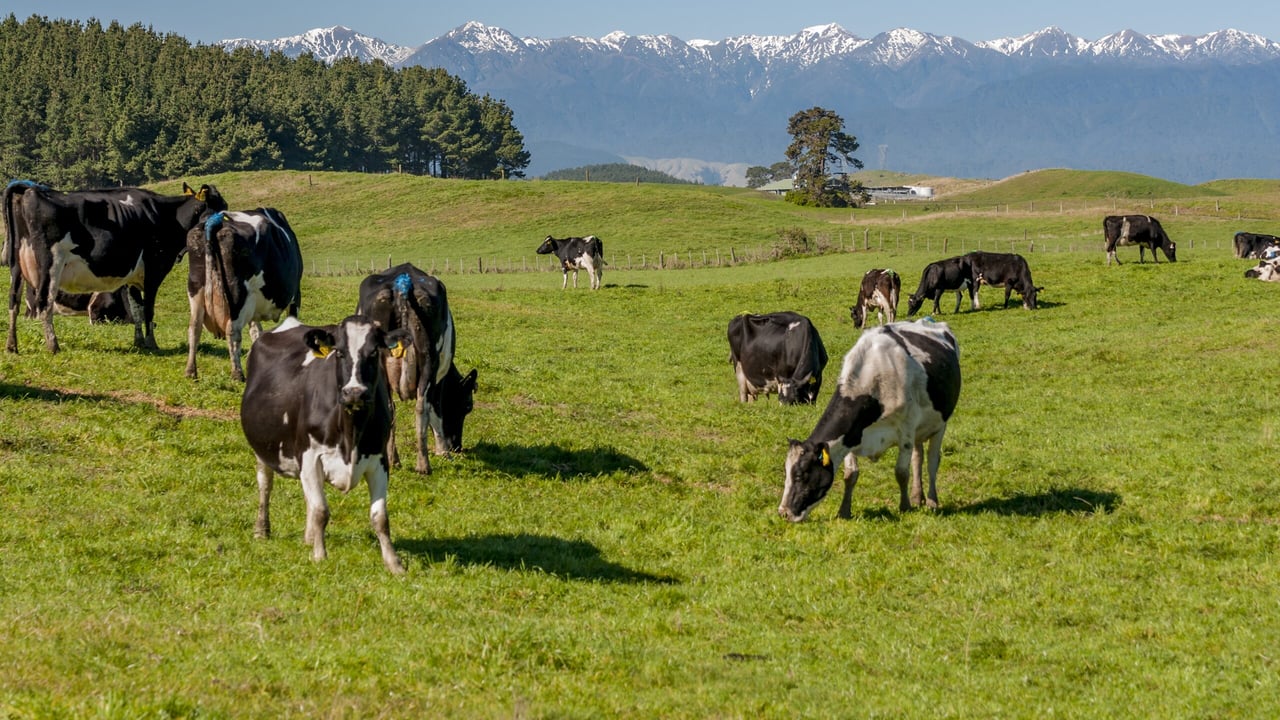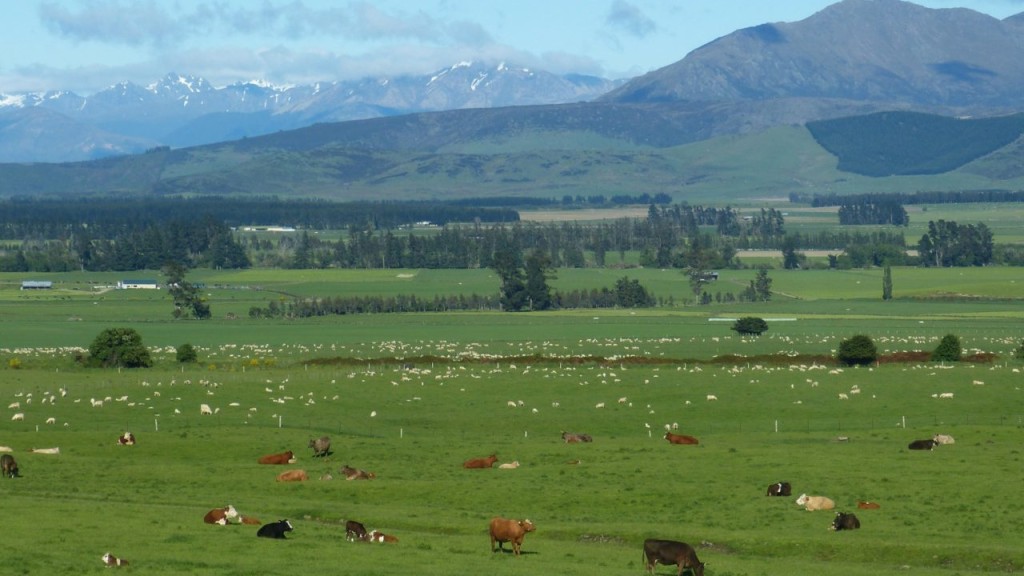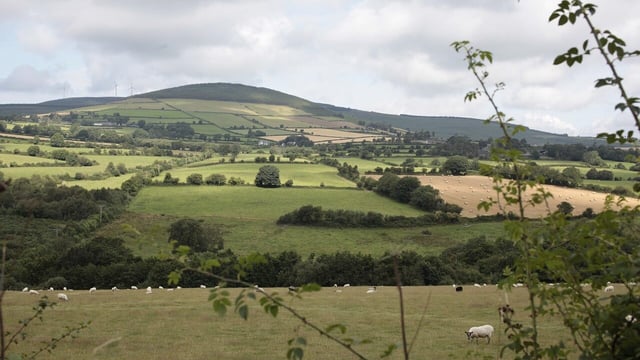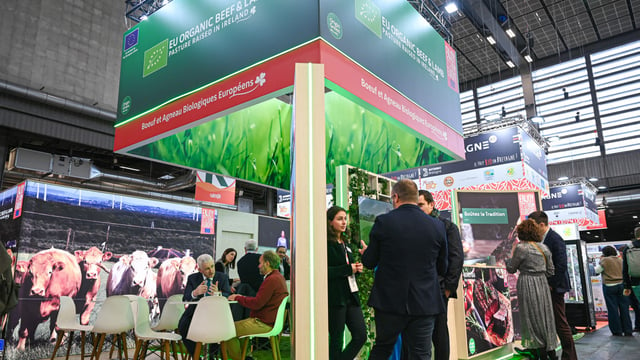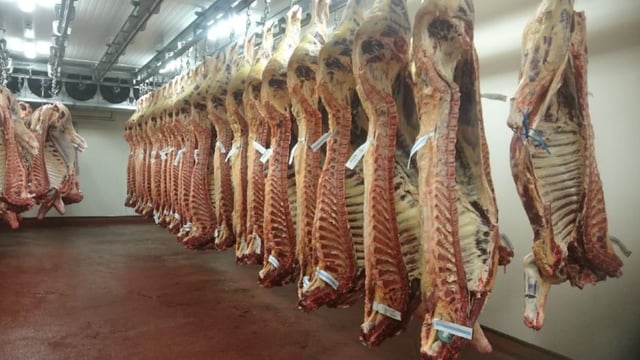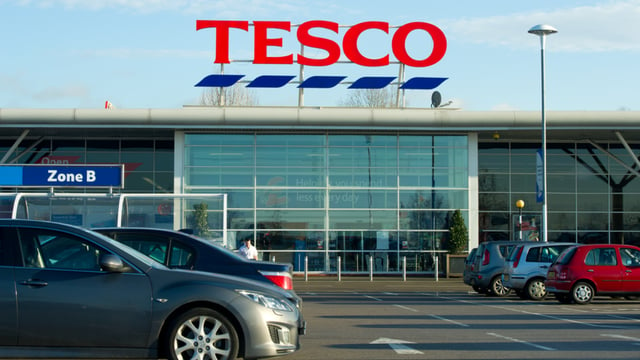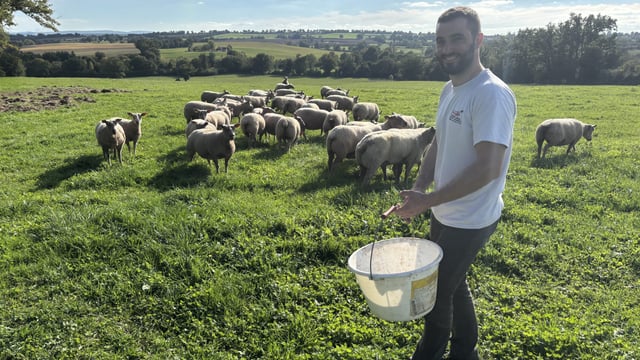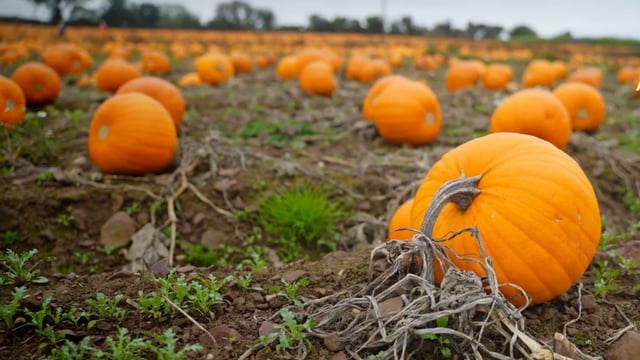New Zealand government lowers methane reduction targets
The New Zealand government has decided to lower its 2050 target for reductions in biogenic methane emissions.
Following cabinet approval, the revised target will be set at a range of 14–24% below 2017 levels by 2050.
The government said the decision reflected the findings of the independent methane science review released in 2024.
The previous target was a reduction of between 24-47% below 2017 biogenic methane emissions by 2050.
New Zealand targets
The government also commited to review the 2050 biogenic methane target again in 2040 "to ensure its alignment with science and against progress of key trading partners".
It was confirmed that the 2030 biogenic methane target remains unchanged.
The target of net zero emissions of all greenhouse gas (GHG) emissions, other than biogenic methane, by 2050 is also unchanged.
The government said that the "science-based biogenic methane targets for 2050" will provide farmers and exporters with "a clear pathway to reduce emissions while maintaining productivity and trade competitiveness".
“We’ve accepted a range of advice and worked closely with industry to agree a practical target that protects food production whilst substantially reducing New Zealand’s farm emissions.
"We’re delivering a practical, fair pathway that recognises New Zealand agriculture efficiency, protects jobs and production, and upholds our climate commitments," Todd McClay, New Zealand's Agriculture and Trade and Investment Minister, said.
Methane
New Zealand has adopted a split gas approach for its domestic climate change goals.
According to the government, this "acknowledges that biogenic methane – which is a short-lived greenhouse gas – has different warming impacts than long-lived greenhouse gases, like carbon dioxide".
Climate Change Minister Simon Watts said that “the government remains committed to our domestic and international climate change commitments, including net zero by 2050".
"Agriculture will continue make an important and fair contribution to achieving this reduction," he added.
The government also confirmed that there will be no tax on agricultural methane emissions "as this would risk closing down farms and send jobs and production overseas".
Reductions in methane to meet the targets will be achieved in partnership and through industry leadership and processor incentives following the lead of companies like Fonterra and Silver Fern Farms.
New Zealand farmers
Beef and Lamb New Zealand (B+LNZ) and the Meat Industry Association welcomed the revised methane targets which they said "better reflects the science".
However, B+LNZ chair Kate Acland warned that the new targets will still be a stretch for the agriculture sector.
“The previous targets were arbitrarily based on ranges used in an Intergovernmental Panel on Climate Change (IPCC) report that explicitly stated those ranges should not be used to set national targets.
“The revised targets better reflect the science around the different warming impact of short- and long-lived gases.
"Methane should only be asked to do what is expected of other gases, which is to achieve no additional warming," she said.
Acland said that New Zealand’s red meat is "already among the most climate-efficient in the world".
“While our sector has made significant progress on reducing warming emissions, the revised targets, particularly the upper end of the range, will still be very challenging.
“This is by no means letting agriculture off the hook.
“We must avoid the continued unsustainable stock number losses our sector is already facing due to afforestation caused by New Zealand’s ETS settings.
"Instead, progress towards targets should be made through investments in efficiency, genetic improvement and the use of tools and technologies where it makes sense and if farmers choose to use them," she said.
Revised targets
Nathan Guy, chair of the Meat Industry Association, added that the revised targets are "sensible and more achievable".
"They are grounded in science and strike the right balance between lowering emissions and maintaining food production.
“Importantly, they give our international customers confidence that New Zealand remains committed to doing its part on climate change," he said.
Acland says the removal of any price on agricultural emissions will be a welcome relief to farmers.
“Emissions from our sector are already coming down – the threat of a price was draining confidence from the rural sector and was just not justified," she said.
Environmental groups
However, environmental groups, including Greenpeace New Zealand, have slammed the decision to lower the methane reduction target.
Greenpeace Aotearoa climate campaigner, Amanda Larsson, said the move was "truly astounding".
She claimed that New Zealand Prime Minister Christopher Luxon was "choosing climate denial and corporate profits over our kids’ future".
"New Zealand is the world’s biggest dairy exporter. If we back down on cutting emissions from our most polluting industry, you can bet other big livestock-producing countries will jump on the bandwagon. That could be game over for the climate," Larsson said.

